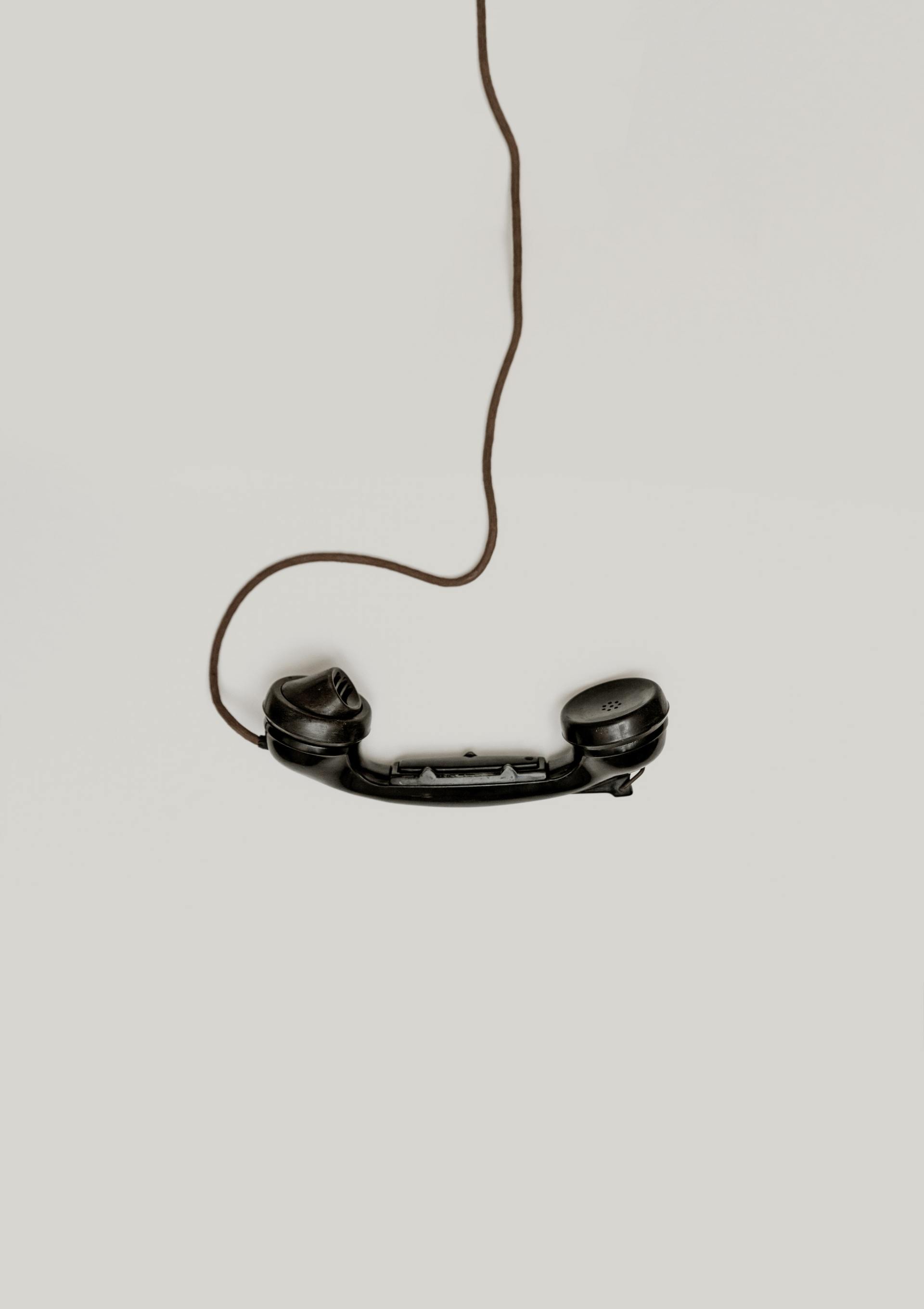What good is having a proxy named if no one knows where your paperwork is?
An emergency happens and you are unable to speak. Who will the emergency folks contact? Or is your work to prepare just down a black hole?

Great work! You have the State required paperwork in order in case something were to happen to you leaving you unable to speak on your own behalf and forcing your named proxy to make decisions that you would have wanted. However, where is that paperwork kept? It is a huge conundrum across this country. We don't have electronic chip implants (yet) to carry it with you. We don't have a national data base of health care proxies, living wills or the like. So you have to be proactive.
First, be sure that the person you have named is nearby - and would drop everything to be able to speak to doctors or emergency personnel. Second, be sure that the named person will not let his or her emotions get in the way of what you directed them to do and say. Sometimes a spouse or a sibling may not be able to do what you asked - because of their own feelings when faced with the emergency.
Based on the US Supreme Court and the Cruzan decision, you have the right to refuse medical treatment. Nancy Cruzan was the 25 year old Missouri woman who was driving home in 1983 and her car skidded into a water filled ditch. She was revived 14 minutes later but the brain damage never allowed her to speak, recognize her family, eat or swallow. She was kept alive by feeding tube in a state funded nursing home. Her Catholic parents fought for the right to remove the feeding tube. And in the end, you and I now have the legal right to refuse medical treatment.
There are four pillars of medical ethics:
- autonomy - respect for patients right to self determination
- beneficence - duty to do good
- non-maleficence - the duty not to do bad
- justice - treat all people equally and equitably



